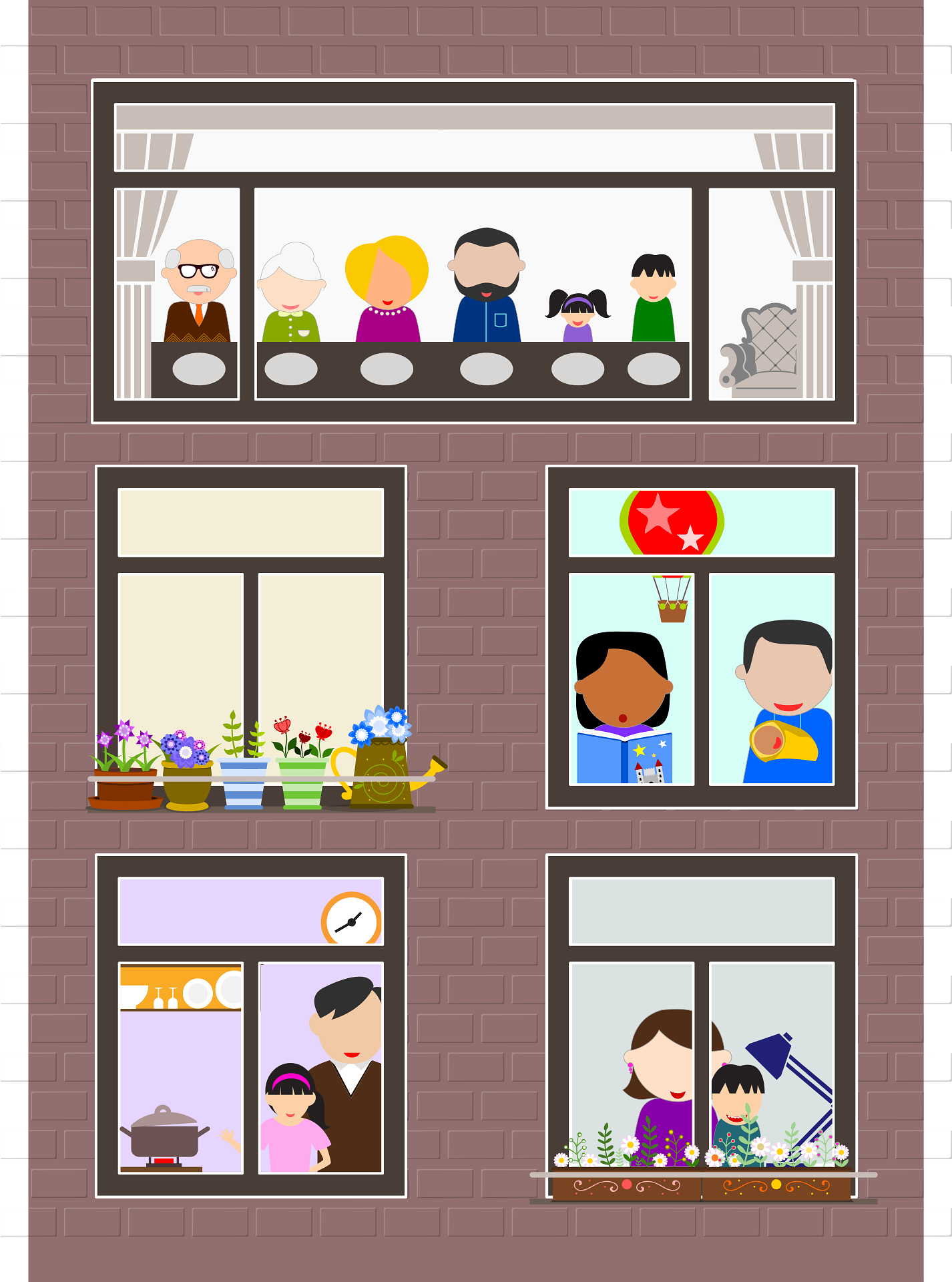The Australian Survey of Social Attitudes (AuSSA) is Australia’s main source of data for the scientific study of the social attitudes, beliefs and opinions of Australians, how they change over time, and how they compare with other societies.

The aims of the survey are to discover
the range of Australians’ views on topics that are important to all of us
how these views differ for people in different circumstances
how they have changed over the past quarter century
how they compare with people in other countries.
AuSSA is also the Australian component of the International Social Survey Project (ISSP). The ISSP is a cross-national collaboration on surveys covering important topics. Each year, survey researchers in some 40 countries each do a national survey using the same questions.
Posts
-
What do Australians think about climate change?
Read more: What do Australians think about climate change?A near consensus of climate scientists who publish in refereed journals, approximately 97 per cent according to some estimates (see Cook et al, 2013; 2016) maintain climate change has mainly human (anthropogenic) causes. However, public opinion does not always reflect scientific findings. While approximately two thirds of Australians agree climate change has mainly human causes,…
-
It’s My Party…
Read more: It’s My Party…AuSSA Insights profiles the latest results from the Australian Survey of Social Attitudes and other Australian and comparative social and political surveys. The Australian Survey of Social Attitudes 2022 includes a core survey that regularly asks Australian voters about a range of social and political topics. There has been considerable recent interest in Australia and…
-
Single Parent and Same-Sex Couple Families
Read more: Single Parent and Same-Sex Couple FamiliesAuSSA Insights profiles the latest results from the Australian Survey of Social Attitudes and other Australian and comparative social and political surveys. The Australian Survey of Social Attitudes 2022 included new ISSP questions from the Family and Changing Gender Roles module surveyed cross-nationally. How have our attitudes to single parents changed and what do Australians…
-
Gender Roles: Moving on
Read more: Gender Roles: Moving onThe Australian Survey of Social Attitudes 2022 included new ISSP questions from the Family and Changing Gender Roles module surveyed cross-nationally. Australians have comprehensively moved on from the traditional norms about the organisation of the household. Less than 10% of respondents now agree that ‘A man’s job is to earn money; a woman’s job is…
-
Citizenship
Read more: CitizenshipIn 2014, 5000 citizens were randomly selected from the electoral roll. 1435 of them returned a completed questionnaire. What questions were asked? Questions included: Respondents were asked about belonging to groups or associations. Only 1% of respondents reported belonging and actively participating in a political party. 90% say they have never belonged to a political…
-
National Identity
Read more: National IdentityIn 2012, 5000 citizens were randomly selected from the electoral roll. 1636 of them returned a completed questionnaire. What questions were asked? Questions included: Selected findings Respondents were asked how important some things were for being “truly Australian”. The following graph shows the results of some of these items. Being able to speak English was…
-
Family and Changing Gender Roles
Read more: Family and Changing Gender RolesAuSSA aims to survey a representative sample of adult Australians. The fairest way of doing that is to draw a random sample from the Australian Electoral Roll. This means every Australian citizen has an equal chance of having their views included in the survey, and means that researchers are able to use statistical techniques to…
-
Work orientations
Read more: Work orientationsIn 2015, 5000 citizens were randomly selected from the electoral roll. Each of them were posted an explanatory letter, followed by a questionnaire booklet and reply paid envelope. Up to three reminder mailings were sent for participants who did not return a booklet. 1211 of them returned a completed questionnaire. What questions were asked? Questions…
To discuss opportunities to contribute to AuSSA, please contact us at:
Tel. 1800 122 251 (free call)
Email: surveys@acspri.org.au







